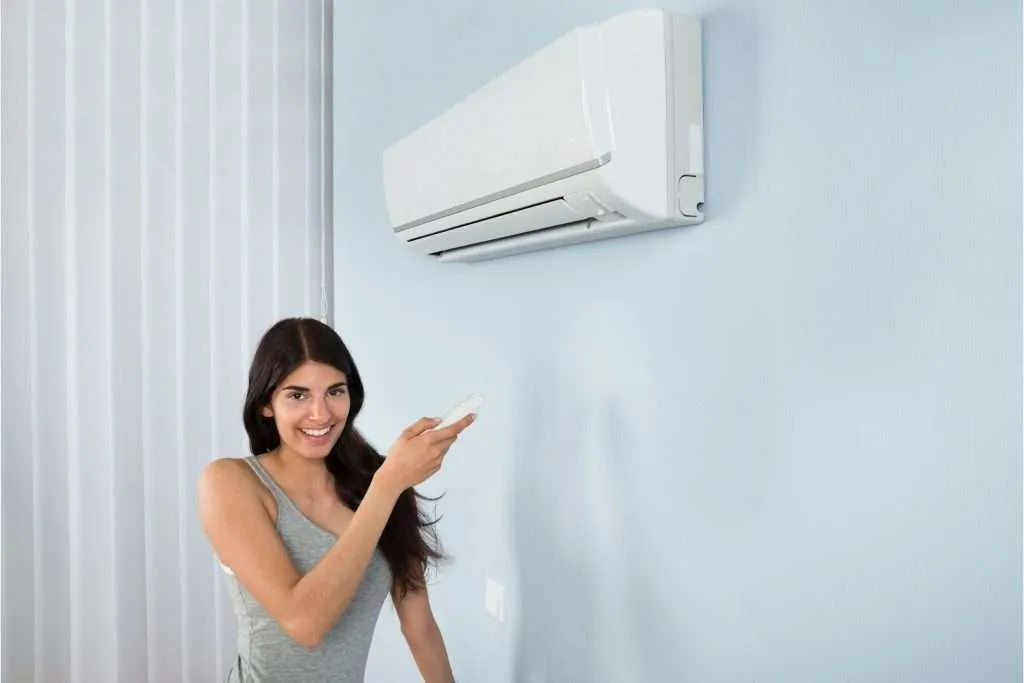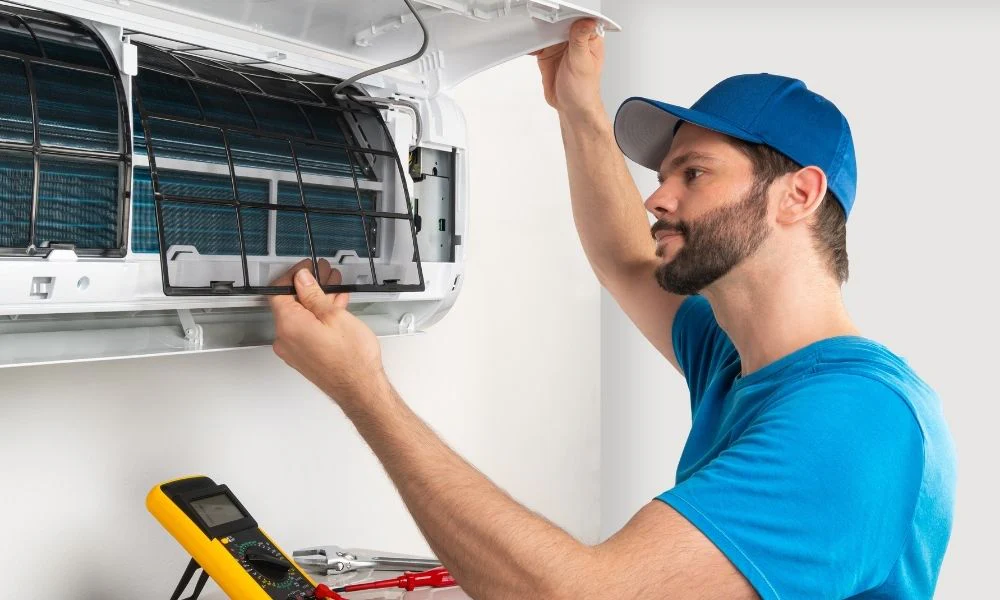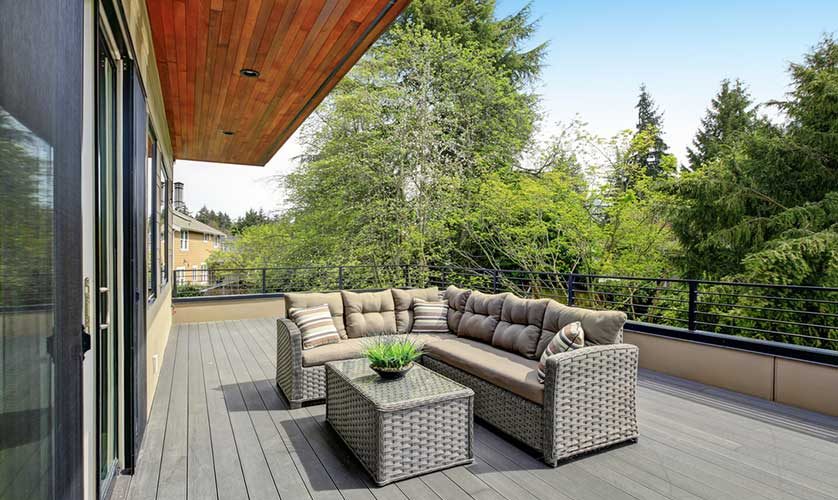
Investing in an air conditioning system is a smart move for homeowners in Hawaii. The tropical weather makes reliable cooling essential for comfort and energy efficiency. Selecting the right system requires thoughtful consideration of cost, installation, and long-term performance.
When researching affordable AC solutions for Hawaii homeowners, focusing on efficiency and suitability is key. A system that looks economical upfront may lead to higher operating costs later. Evaluating energy use, maintenance needs, and brand reliability creates a balance between performance and affordability.
What Is the Energy Efficiency Rating?
Energy efficiency directly affects the long-term cost of an AC system. The SEER rating measures how effectively a unit converts power into cooling. A higher SEER rating means lower energy use, which saves money each month.
Homeowners can ask dealers for systems that meet energy efficiency standards suited to tropical climates. Comparing ratings helps identify which model performs best in local humidity. Efficient units cost more initially but reduce utility bills over time.
How Suitable Is the AC System for Your Home Size?
Choosing the right system size ensures comfort and savings for every household in Hawaii. A unit that fits your home perfectly maintains consistent temperatures and prevents energy waste.
- Load Calculation: Request a professional assessment to determine the ideal cooling capacity for your home.
- Square Footage: Match the system size to your home’s total area for balanced performance.
- Insulation Level: Check if walls and ceilings have proper insulation to improve efficiency.
- Room Layout: Consider how airflow moves through your home to maintain even cooling in each room.
- Climate Consideration: Choose systems designed for humid tropical conditions found across Hawaii.
What Maintenance Requirements Should You Expect?
Every AC system performs better with regular care. Clean filters, inspect ducts, and consistent servicing extend the life of the unit. Ignoring these steps leads to higher power use and less cooling efficiency.
Asking about service schedules helps plan upkeep effectively. Some systems require annual checks to maintain optimal function. A well-maintained system keeps indoor air clean and energy use stable.
How Reliable Is the Brand and Warranty?
Reliability determines how well an AC system performs over time. A quality brand provides assurance of durability and consistent cooling. Warranty coverage adds security against unexpected repair expenses. Checking these details ensures lasting value for your investment.
- Brand Reputation: Research consumer reviews and product ratings before making a choice.
- Warranty Duration: Ask how long the warranty covers parts and labor.
- Service Network: Confirm that local technicians in Hawaii can service the system.
- Parts Availability: Ensure replacement parts are easy to obtain for quicker repairs.
- Customer Support: Choose brands with responsive assistance for future maintenance needs.
What Are the Installation Requirements?
Proper installation is vital for the system’s efficiency. Incorrect setup causes uneven cooling and energy waste. A professional installer ensures correct duct placement and sealing. Well-installed systems operate smoothly with minimal strain.
Requesting information about technician certification confirms quality workmanship. Skilled installers also recommend ideal system placement for better airflow. They make sure all components connect securely for optimal performance.
How Much Will It Cost to Operate and Maintain Over Time?
The purchase price is just part of the total expense. Energy consumption and regular service add to the ongoing cost. Calculating total ownership cost helps make an informed decision. This includes power bills, parts replacement, and maintenance fees.
Dealers can provide energy usage estimates for each model. Comparing these figures helps identify the most cost-effective option. Units with higher efficiency often reduce monthly expenses in the long run.
When considering affordable AC solutions for Hawaii homeowners, focusing on long-term value leads to better comfort and savings. Reliable systems, proper installation, and scheduled maintenance keep homes cool and energy bills reasonable. With informed choices, every homeowner in Hawaii can enjoy lasting comfort and dependable performance.




